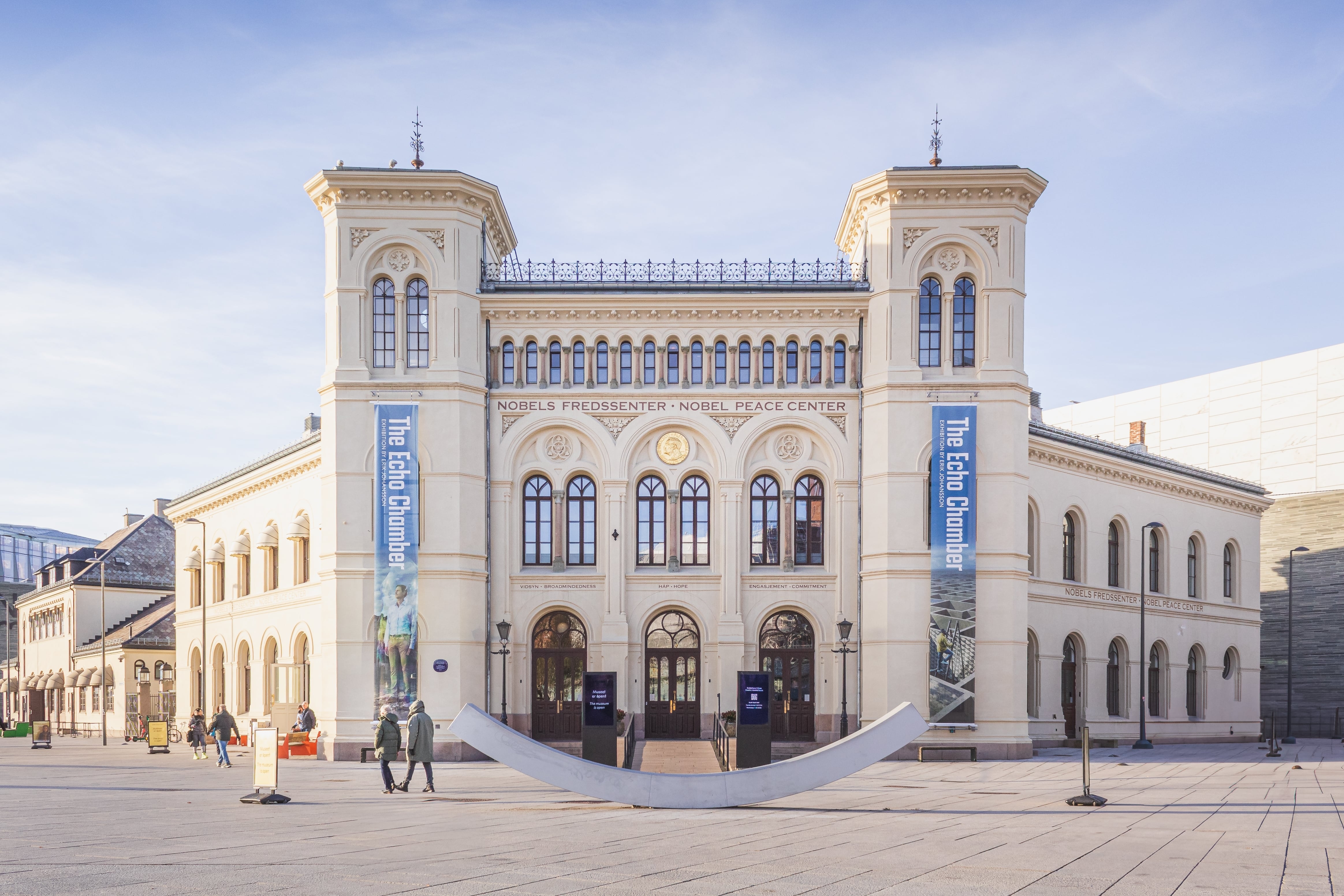Nobel Week Highlights: Peace Chemistry And The Politics Of Recognition


The winners gained personal recognition, but the week’s announcements reflected something much more important to the world at large: progress toward a better, fairer future. As Nobel representatives spoke the names of the winners in Oslo and Stockholm, other voices rose up insisting that they get a prize, too. Amid the clamor of politics and personality, the committee demonstrated its focus on knowledge, peace, and honor.
Awarding the Nobel Peace Prize to Maria Corina Machado, a Venezuelan leader who works tirelessly to support democracy in that country, demonstrated the committee’s focus on fairness as a future ideal. Peace comes through the people’s choice. Machado continues to work under threat to promote this ideal.
Some claim the award focuses on ideological position rather than objective recognition. US President Trump specifically called them out for not handing the prize over to him after making some dubious claims about his achievements. The Peace Prize is rooted in politics because peace itself is. Whether intended or not, Machado’s recognition sends a message that democracy matters more than nationalism.
Susumu Kitagawa, Richard Robson, and Omar M. Yaghi share the Nobel Prize in Chemistry for work with molecular architecture and related advancements toward a more sustainable world. The science behind metal-organic frameworks is quite complex, and the applications are many. Possibilities include CO2 capture, fresh water harvesting, and efficient electricity conduction.
Science often transcends political maneuvering. With the 2025 award, not only does the Nobel committee recognize great achievement for its own sake, but also the promises of global sustainability and regenerative improvements. Again, progress is the highest priority.
Creative, innovative thinking and practical solutions beyond the ordinary have long been recognized by awarding the Nobel Prize. This year, the medicine prize went to a trio of researchers who discovered more about the body’s immune system. Physics winners explored quantum circuitry and integration with classical systems. In economics, the focus was on growth driven by innovation.
All these things have something very important in common: a focus on progress and the betterment of life and the world for everyone’s benefit. Which brings us back to the politics of recognition.
The Nobel Prizes are not awarded to the loudest or most insistent voices. Unverifiable claims and politically motivated endorsements do not win out over rigorous evaluation and peer review. It’s not unusual for various governments and organizations to promote their favorite personality as worthy of the recognition. This year, Trump claimed the top spot in campaigning for his win.
In the end, the legitimacy of the Nobel Prizes depends on impartiality. They have to resist those loud voices and dig into the truth behind statements and the impact of the efforts made. When peace is part of the discussion, politics always comes into things. Even with scientific and economic advancements, they still may play a role. Instead of focusing on the political aspirations of one man, however, it’s important to recognize what brings about a shared better future.